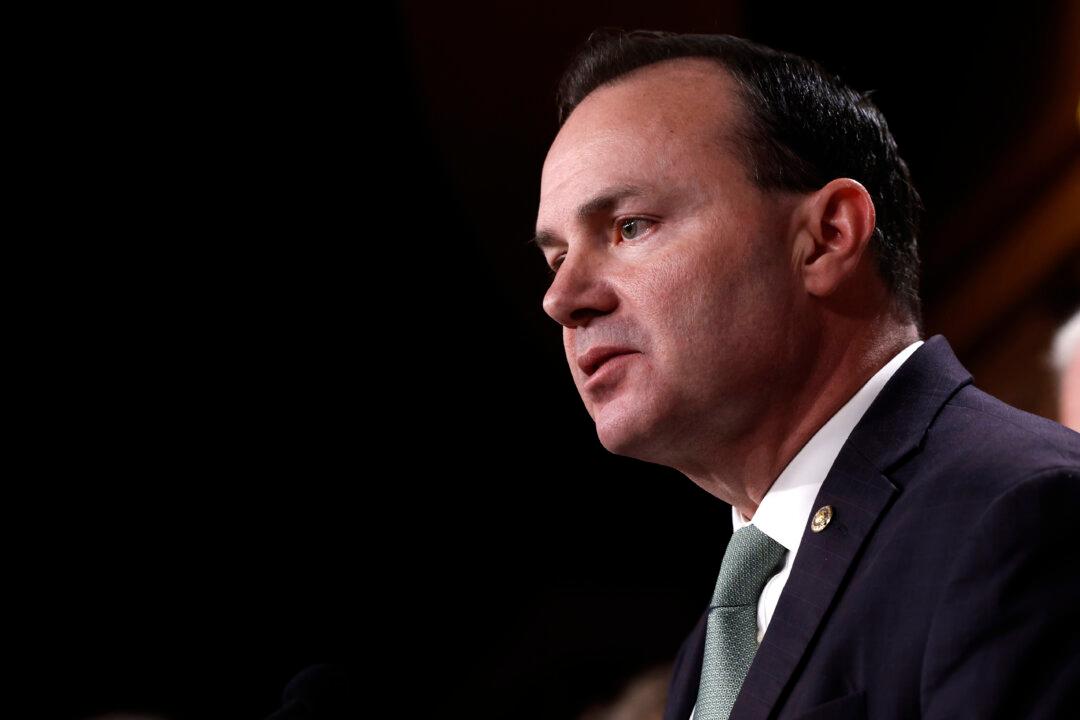Two dozen Republican senators warned President Joe Biden that they won’t support increasing the debt ceiling without spending cuts and structural reform in spending to tackle the nation’s $31 trillion debt crisis.
“We, the undersigned members of the Senate Republican Conference, write to express our outright opposition to a debt-ceiling hike without real structural spending reform that reduces deficit spending and brings fiscal sanity back to Washington,” the GOP senators wrote in their letter to Biden on Jan. 27.




